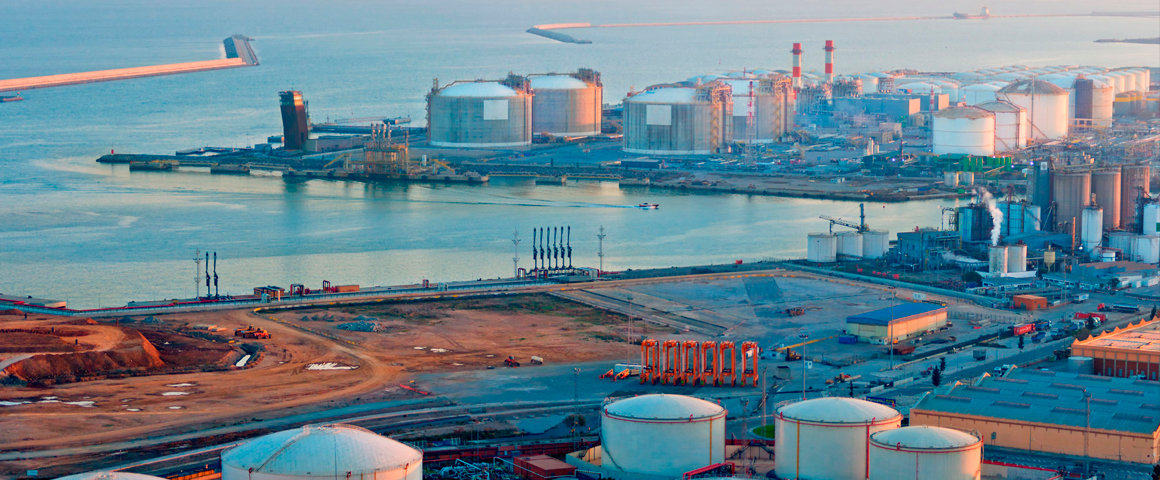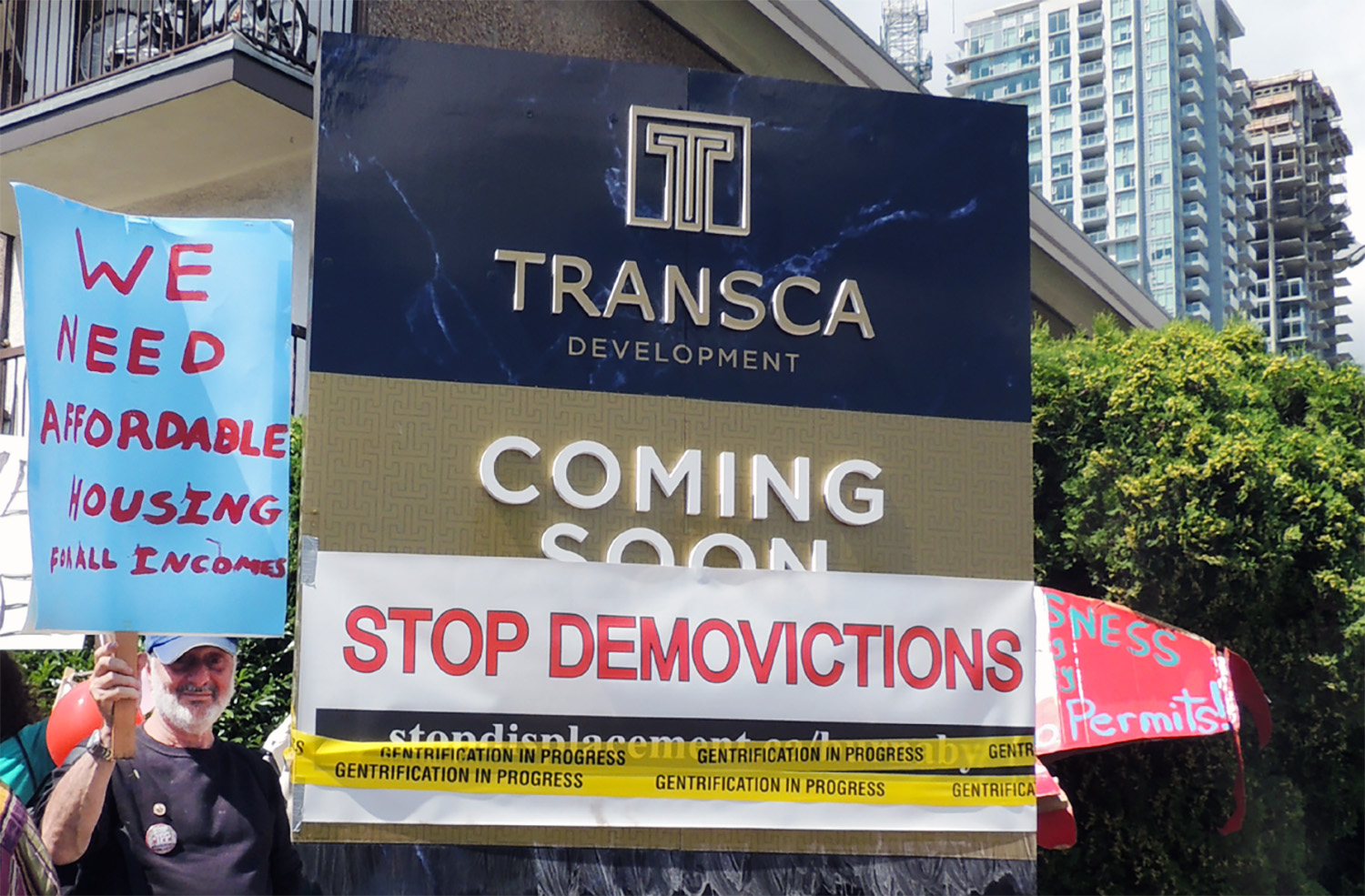The David Suzuki Foundation says that the B.C. government’s proposed tax breaks for liquefied natural gas projects, like the LNG Canada project in Kitimat, overlook the industry’s true carbon footprint.
The Foundation points to peer-reviewed research indicating that fugitive methane emissions from B.C.’s oil and gas industry — emitted during fracking for LNG — are “vastly underreported”. It also argues that the province is letting projects such as LNG Canada off the hook by allowing them to use fracked gas to power LNG terminals instead of clean electricity.
“These underreported methane emissions from B.C.’s oil and gas companies are among the most serious greenhouse gas problems we face in Canada, especially as our government considers exporting liquefied natural gas,” said Foundation science and policy director Ian Bruce.
Published last year by the Suzuki Foundation and St. Francis Xavier University, the study found that methane emissions from B.C.’s oil and gas industry are at least 2.5 times higher than industry and government report. Environmental Defense Fund research released on March 22 also shows that the oil and gas industry in Alberta is vastly underreporting methane emissions.
“Our research shows fossil fuel extraction in B.C.’s Montney region alone is intentionally releasing approximately 111,800 tonnes of methane into the air annually,” said John Werring, a co-author of the study. “This is the climate pollution equivalent of burning more than 4.5 million tonnes of coal, or putting more than two million cars on the road. It challenges claims that B.C. LNG is a ‘clean’ or useful ‘transition’ fuel.”
The Pacific Institute for Climate Solutions and the Pembina Institute estimate that annual carbon dioxide emissions from the LNG Canada project alone would exceed 9.6 megatonnes by 2050 — or 80 per cent of B.C.’s total emissions target of 12 megatonnes annually by that date.
Last summer in the 2017 confidence and supply agreement between the NDP and Green parties in the Legislature, the B.C. government promised to apply the carbon tax to methane emissions from the oil and gas industry, the province’s largest polluter.
“B.C. can achieve climate commitments and have a thriving economy,” Bruce said. “In a modern global economy that is shifting to renewable energy, B.C. should seize the opportunity to modernize its economy with clean, profitable renewable energy projects instead of tying the province’s future to the shrinking global market for fossil fuels.”
Meanwhile, the Sierra Club B.C. warns that the $40-billion Kitimat project proposed by LNG Canada (backed by Shell Canada and other investors) will “spell disaster” for the climate.
Jens Wieting, the group’s senior forest and climate campaigner, calls the March 22 announcement “a new form of climate denial: the idea that we can build new fossil fuel projects that will cause millions of tonnes of additional emissions while reducing our emissions at the same time. By sweetening the pot for fracked gas exports, the government is laying out a red carpet for investors to help destroy our climate.
“We are hugely disappointed to see the BC government courting an industry that so clearly spells disaster for our climate. LNG development would add fuel to the wildfires that have devastated BC in recent years. Forests are burning, coral reefs are dying, and glaciers are melting, but somehow our government believes they can have their cake and eat it too.
“It’s not possible to expand fracking and LNG export and meet BC’s climate targets. It’s time for this government to recognize that building new fossil fuel projects is incompatible with any meaningful climate action.”




